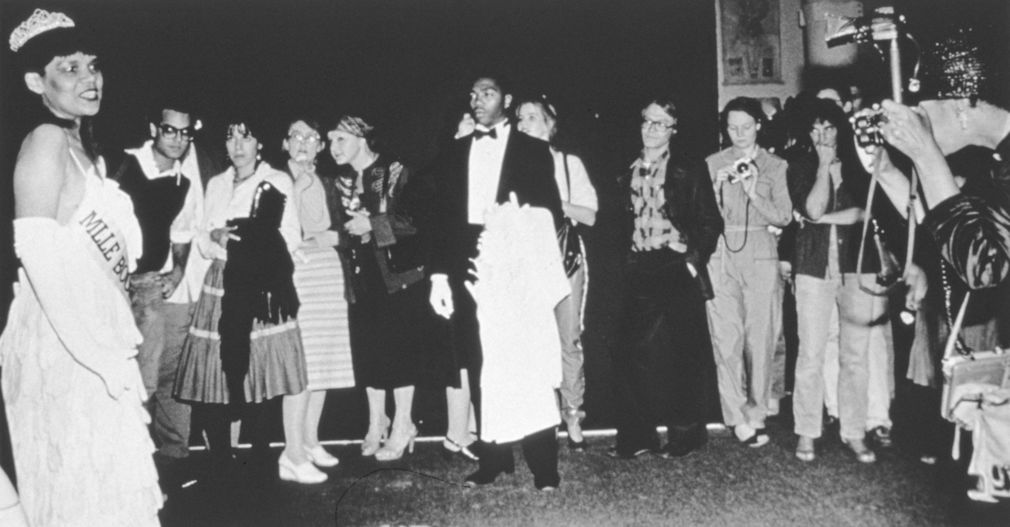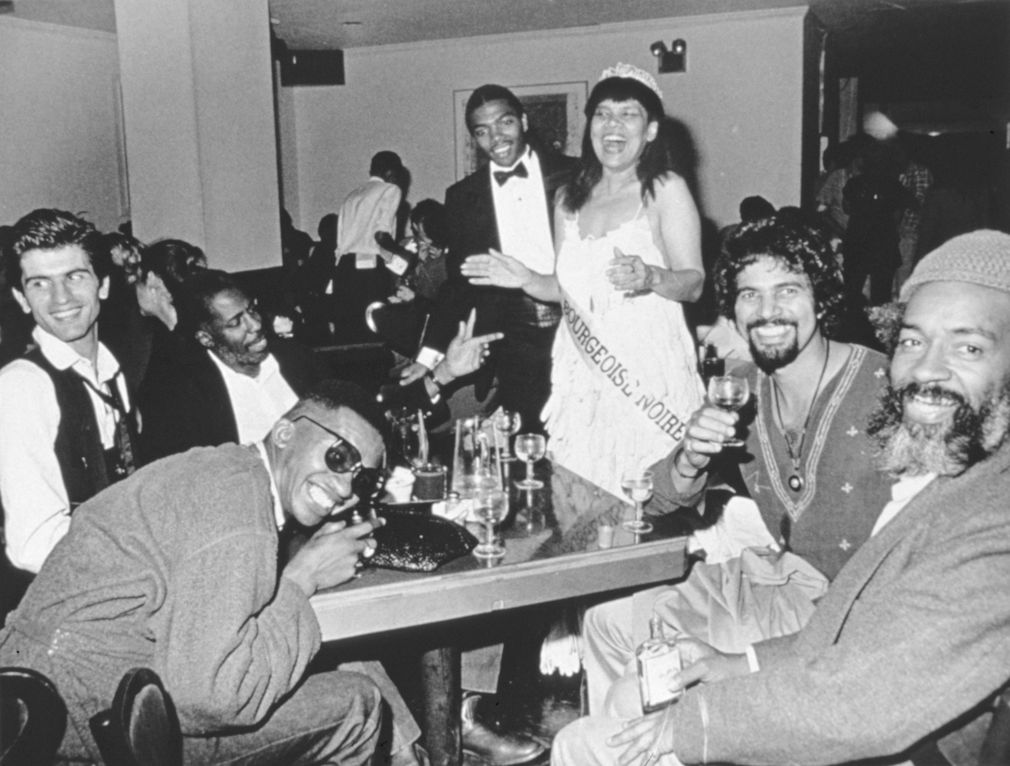José Segebre
Aesthetics of Waiting: Queer, Feminist and Decolonial Perspectives
School of Art
Time is far from neutral, and waiting polarizes power imbalances. There are those who wait, and those who make others wait. Waiting speaks to our relationship to power, and social markers condition this relationship. Waiting is always oppressive under this light. At the same time, it can also be a desired experience. Waiting for the bus, for instance, can mean we not only expect, anticipate and hope it comes, but also that we want it to. The caveat is that we do not know when and if it will arrive, especially if continuously delayed. The duration of the wait makes it frustrating and oppressive. From this perspective, waiting is an ambivalent temporality that describes how time is mobilized against socially marked subjects to internalize oppression. Borrowing from critical, queer, feminist and decolonial theories, I develop waiting as a lens to hone in on the relationship between temporality and power in aesthetics.
The performative practices of Jack Smith (1932-1989), Ana Mendieta (1948-1985) and Lorraine O’Grady (1934- ) guide this discussion. Neither illustrating nor representing waiting, they instead bring it to bear in different ways. Smith’s performances without clear beginnings or ends defer time, Mendieta’s moving images suspend time and O’Grady’s interventions interrupt its expected flow. An emphasis on waiting revises current interpretations of their work. The wait produced by these artists’ deferrals, refusals, suspensions and interruptions transforms waiting, containing its registers of unfreedom. Such artistic strategies render waiting pleasurable, powerful and contemplative, which has an important potential for queerness. An aesthetics of waiting focuses on what José E. Muñoz called “hopeless hope,” Sarah Ahmed, “hopeful anxiety” and Theodor Adorno, “vergebliches Warten.” These modalities of waiting queer our relationship with the future. They suggest the potential of time-based arts to upset the apparent duress of waiting’s temporal politics. An aesthetics of waiting yields no narrative of heroic liberation or revolution, but instead mobilizes brief intervallic moments of resistance and comradeship against the durability of power structures.
-José B. Segebre
Keywords: Aesthetics, art history, critical race theory, decolonialism, feminism, film studies, queer studies, performance art, phenomenology, psychoanalysis, power, temporality, waiting
Advisors:
1. Prof. Dr. Juliane Rebentisch, Professor of Philosophy/Aesthetics, Hochschule für Gestaltung Offenbach am Main
2. Prof. Dr. Marc Siegel, Professor of Film Studies, Johannes Gutenberg Universität Mainz






